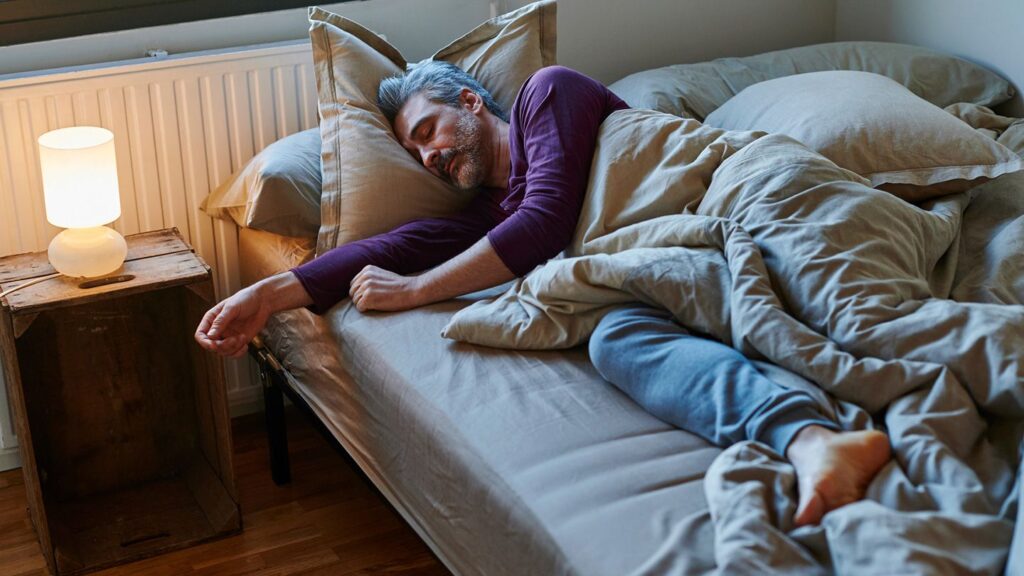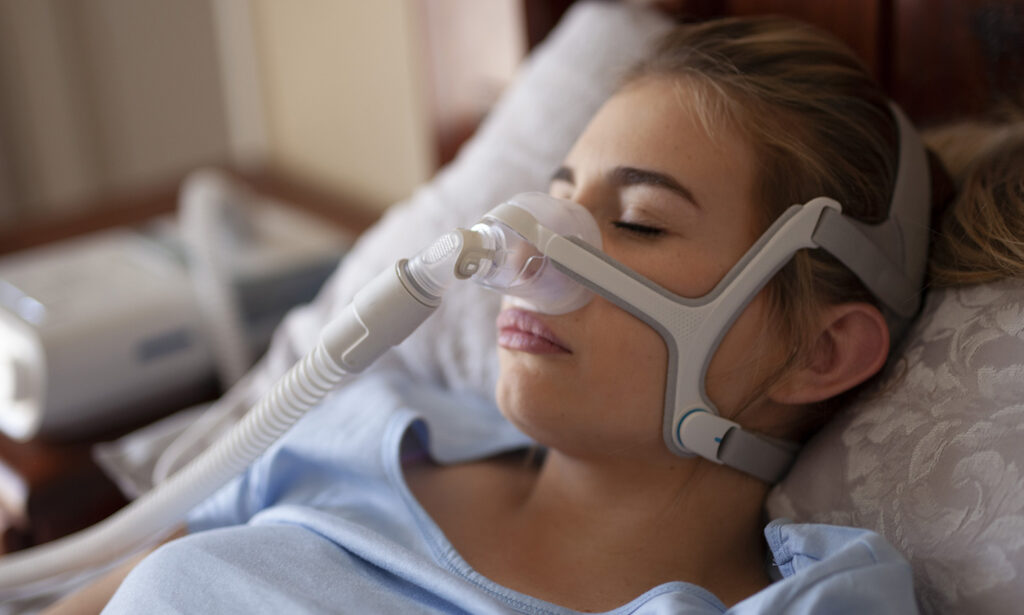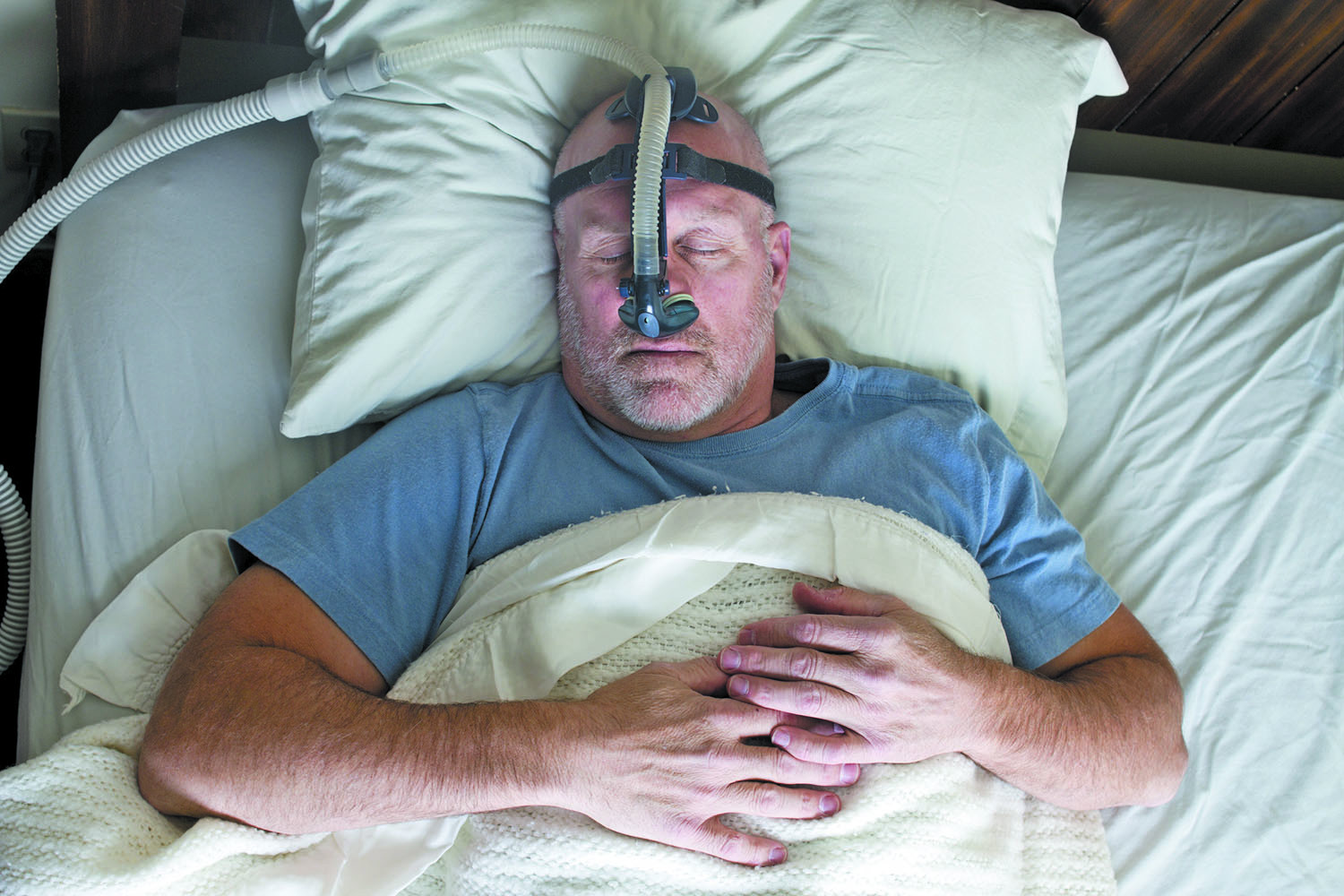Sleep apnea is not what one should overlook. This sleep disorder has resulted in complications that have claimed the lives of many. In the US, several cases of untreated sleep apnea (SA) result in heart attack, stroke, and diabetes. Oh! You’re wondering if a sleep disorder can lead to heart attack and stroke. Of course, it can. Your doctor might have given you an instruction to do regular exercise. Please adhere to it.
What are we trying to say here? We are here to provide adequate information on the dangers of uncontrolled SA. Undiagnosed SA is directly tied to result to cardiovascular and metabolic health. One fear is that one may not even know that one has this common problem. One of the significant or main sleep apnea symptoms is loud snoring during sleep which some people have taken to be something natural or familiar for fat people. Let’s go deeper.
What is sleep apnea (SA)?
SA is a critical and life-threatening sleep disorder that happens when one’s breathing stops and starts repeatedly. Medically, it is proven that this sleep disorder occurs when upper airway muscles relax while one is asleep and pinch off the airway. So, with that said, one will not be able to get enough oxygen. Thus, one’s breathing might experience a short pause of ten seconds or more. Your breathing can pause until your reflexes kick in; that is when you’ll start breathing again.
Furthermore, SA occurs in about three percent of normal-weight individuals, but it affects twenty percent of obese people. Generally, SA affects men more than women. SA rates increase in women after menopause. This sleep disorder is often linked to heart disease and metabolic issues like diabetes.
Symptoms of sleep apnea
The most common sign one will see if one is battling with SA is snoring loudly during sleep. Although it was later proven medically that not all who snore are fighting with SA. Snoring might happen if one sleeping position is wrong. Therefore, when people around you give you feedback that you snore loudly during sleep, you need to talk to your doctor.
On the other hand, there are other symptoms of SA. Irritability is one of them. You might be battling sleep apnea if you get angry quickly. Also, people who feel headaches early in the morning should rise and do the needful. Morning headaches can occur if your sleep is not as expected.
Having a break in one’s sleep is also an indication that one is having SA. If you’ve noticed that there’s always a break in your sleep, you need to see a sleep specialist examine you. Don’t just assume all is well. The explanation of the symptoms of SA is incomplete without including waking up with a dry mouth. Sleep apnea tends to make one breathe with an open mouth. So, it may dry out one’s saliva. If you wake up and you’re feeling groggy, and you’re also feeling like sleeping again, something is wrong somewhere.

Sleep apnea, cardiovascular hazard, and metabolism
Many studies have established the connection between SA and other health issues like diabetes, strokes, and heart attack. In fact, the study also shows that one’s life may be shortened. Now, the question is, why this connection? Obesity is common in SA patients, increasing the risk of diabetes, stroke, and heart attack. Every individual needs to note that not everyone with SA is obese.
Furthermore, research also shows an independent link between SA and diabetes. What are we saying in essence? SA is associated with higher risks of diabetes, independent of obesity, and it can also increase one’s blood sugar level.
Therefore, people that are obese should try and reduce their weight. Reducing their weight is the only way to avoid or treat sleep apnea. Let us quickly chip in this that people that gather fat in their neck, tongue, and belly are prone to get SA. So, they need to work on reducing their weight. This weight you’re gathering will reduce the diameter of the throat and pushes against the lungs. And this will contribute to airway collapse during sleep. And once the airway collapses, there’s a problem.

How to treat SA?
The perfect means of restoring or getting back one’s sleep is by using a CPAP machine. What is a CPAP machine? CPAP means continuous positive airway pressure. It is a machine commonly prescribed for treating sleep apnea disorders. CPAP is specifically designed to treat and regulate airflow in the airways. It is expedient for you to know that obstructive sleep apnea is the most common type/cause of sleep apnea. So, OSA causes interruptions in one’s breathing because one’s throat is temporarily blocked. Hence, a CPAP machine helps to send a steady flow of air into one’s nose and mouth while asleep. This incredible machine is a medical tool that normalizes the flow of pressurized air into one’s nose and mouth. It helps to keep one’s airways open; then, one can breathe normally.
Continuous positive airway pressure is the first-line treatment because it is very effective. If you’ve been diagnosed with SA and put on your CPAP as prescribed, you will surely see changes in your sleep and be fully restored. There are countless positive reviews and feedback about CPAP. In the US today, no one dares to use other means to treat SA than the CPAP machine. Although there are other means, CPAP remains the best of them all. It’s a breathing device that will clear off all airway obstacles during sleep. Therefore, don’t be deceived by fake write-ups about SA being untreatable.
On a final note
In this write-up, we explained the meaning of sleep apnea and discussed the connection of SA with other health issues like diabetes, stroke, and heart attack. Not only that, but we also talked about the CPAP machine as the only perfect means of treating SA. Finally, dear reader, don’t you think this information should be spread abroad? Then, how can we do that? Kindly share the link to this page with friends and family.
More to read:
Tips to recover quickly from lasik surgery

